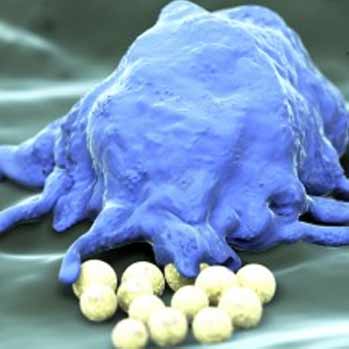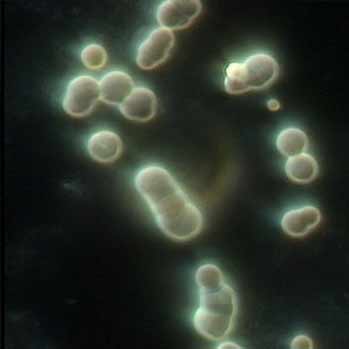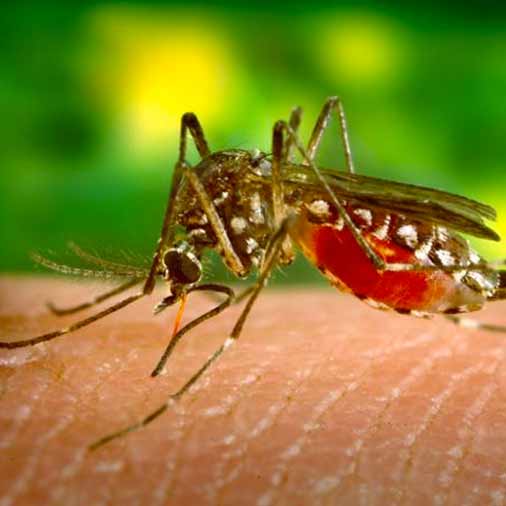Botulism is a rare but serious illness caused by Clostridium botulinum bacteria. The bacteria may enter the body through wounds, or they may live in improperly canned or preserved food.
Clostridium botulinum is found in soil and untreated water throughout the world. It produces
spores that survive in improperly preserved or canned food, where they produce toxin. When eaten, even tiny amounts of this toxin can lead to severe poisoning.
The foods most commonly contaminated are home-canned vegetables, cured pork and ham, smoked or raw fish, and honey or corn syrup. Botulism may also occur if the bacteria enter open wounds and produce toxins there.
Infant botulism occurs when a baby eats spores and the bacteria grow in the baby’s gastrointestinal tract. The most common cause of infant botulism is eating honey or corn syrup.
Clostridium botulinum can be found normally in the stool of some infants.
About 110 cases of botulism occur in the U.S. per year. Most of the cases are in infants.





